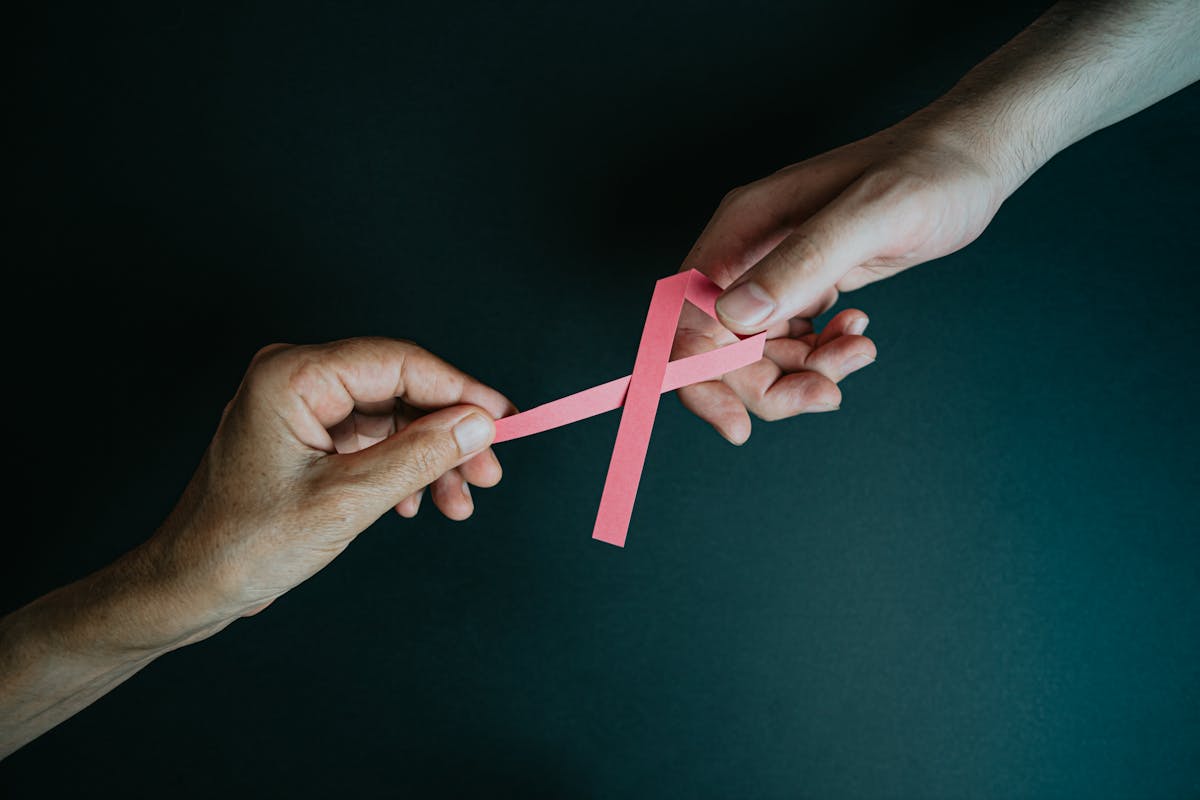5 Health Tech Startups That Are Fighting Cancer

Cancer remains one of the world’s biggest health challenges. Experts predict that by 2025 cancer will be responsible for 13 million deaths per year.
With such high risks, action is desperately needed. Check out these 5 Startups that are tackling cancer treatment with technology.
OnComfort
OnComfort’s platform is a little different to most. The startup uses Virtual Reality technology to help cancer patients deal with the stress and pain related to their treatments. By using virtual reality technology to train patients in stress management techniques and provide them with relevant, practical information, OnComfort hopes to help patients feel more in control of their treatments, thereby helping to relieve some of the anxiety they may be feeling.
3T Biosciences
3T Biosciences recently managed to raise 12 million dollars in seed funding to continue their research and work in the T-cell therapy space. T-cell therapy works by bolstering the body’s own immune system to fight the cancer. Unlike chemotherapy treatments, which kill off both cancerous and healthy cells. T-cell therapy could have huge benefits for sufferers, especially those battling lung cancer or mesothelia, whose illness makes them prone to other respiratory infections, like pneumonia.
All4Cure
Can we use big data to find a cure for cancer? That’s the hope of the team behind All4Cure, although right now the startup has a focus on myeloma, the ambitious end goal is to gather and collate the experience of every cancer patient. Co-founders Tony and Sibel Blau believe that by adding to the world’s knowledge about how cancer works, they can assist in making cancer therapies more effective for patients. The platform works by connecting patients and their medical history, with experts from around the world to help patients figure out what treatments will work best for them.
DermaSensor
One person dies of melanoma every 54 minutes, making skin cancer even more of a danger than heart disease. DermaSensor aims to increase early detection of cancerous moles. The device, which is about the same size as a pen, records the patient’s skin lesion, and then runs an algorithm developed using spectroscopy data on lesions. The technology then evaluates the lesion’s risk against relevant data, and if it’s needed will recommend further evaluation from a dermatologist. Right now, DermaSensor is still undergoing clinical trials in the USA, and working towards approval by the FDA. Providing trials are successful, DermaSensor intends to sell the product to both clinicians and home users.
Thrivor
Australian based start-up Thrivor aims to solve the everyday challenges for people with cancer and chronic illness, which fall outside of their medical care. Thrivor’s app provides a bunch of useful services including allowing users to manage and record their appointments, book a home visit from a nurse or a caregiver job, or organize transport to treatments. There is even an option which allows you to hire a cleaner or a babysitter for some extra help around the house. Perhaps one of the most valuable services the app provides is the ability to connect to wider support networks, providing a patient with the opportunities to reach out to others going through a similar experience.